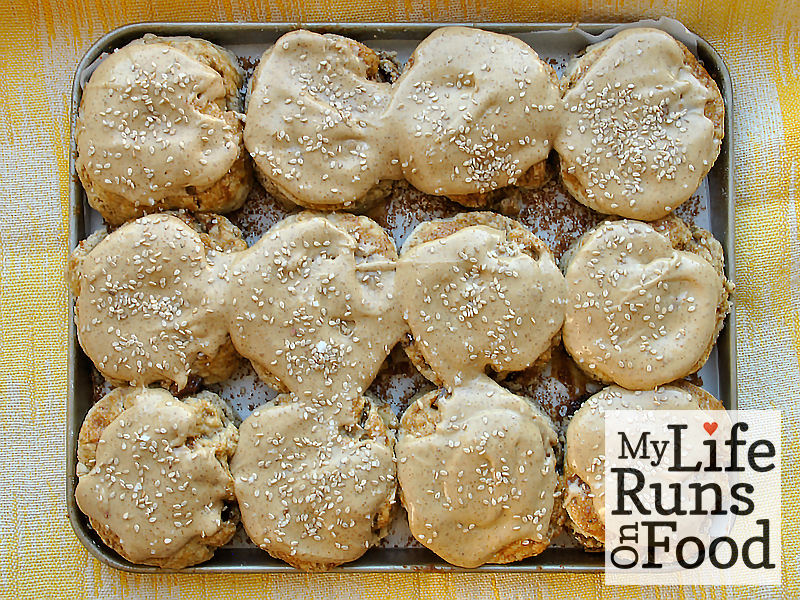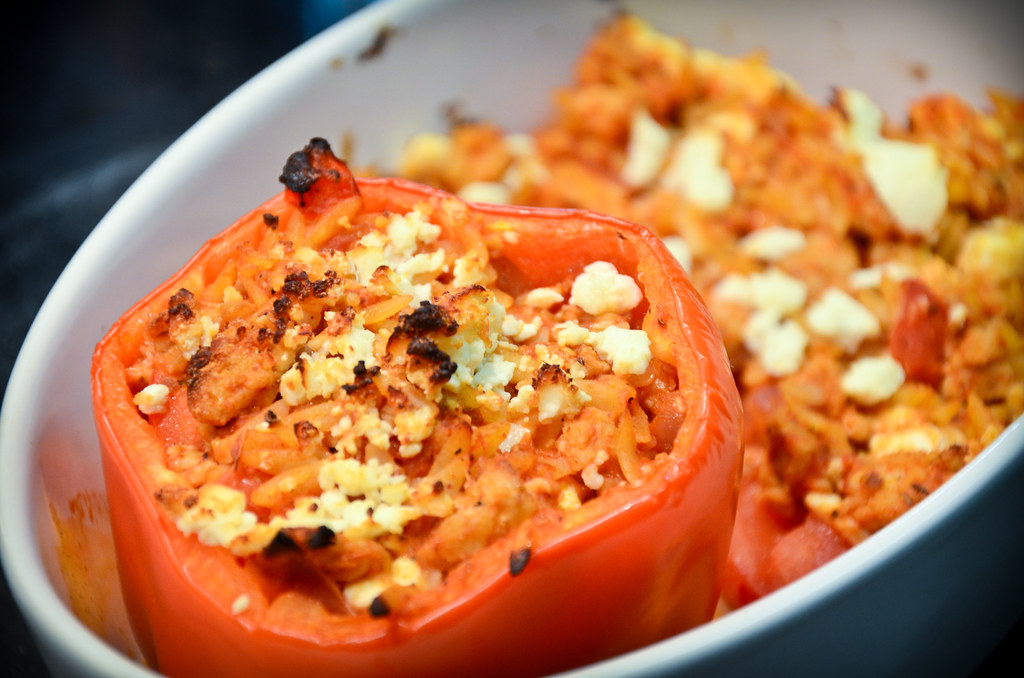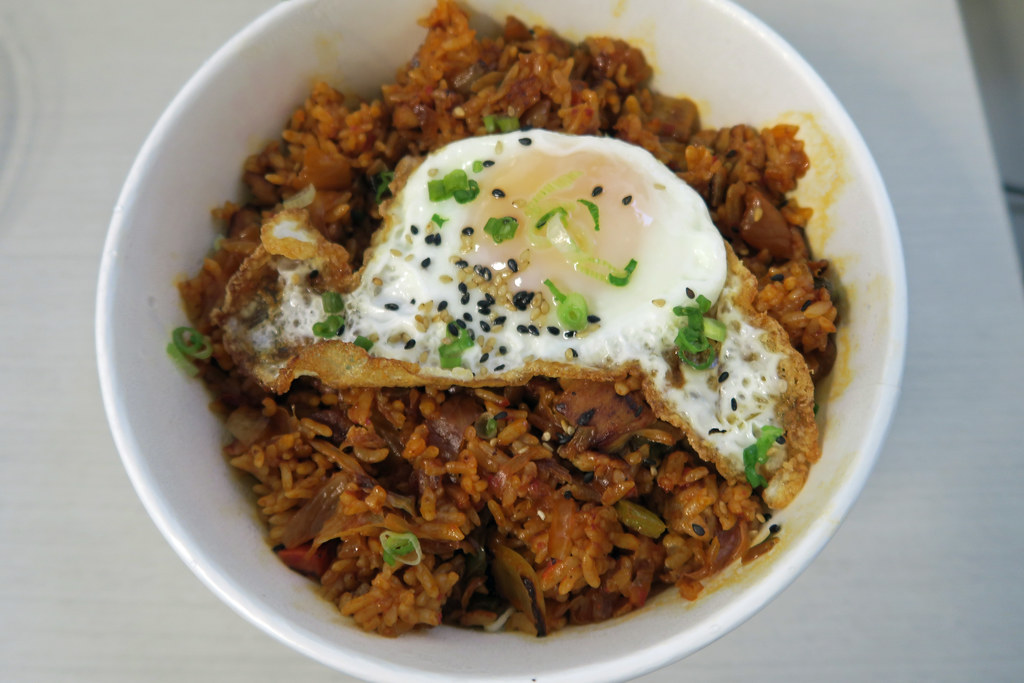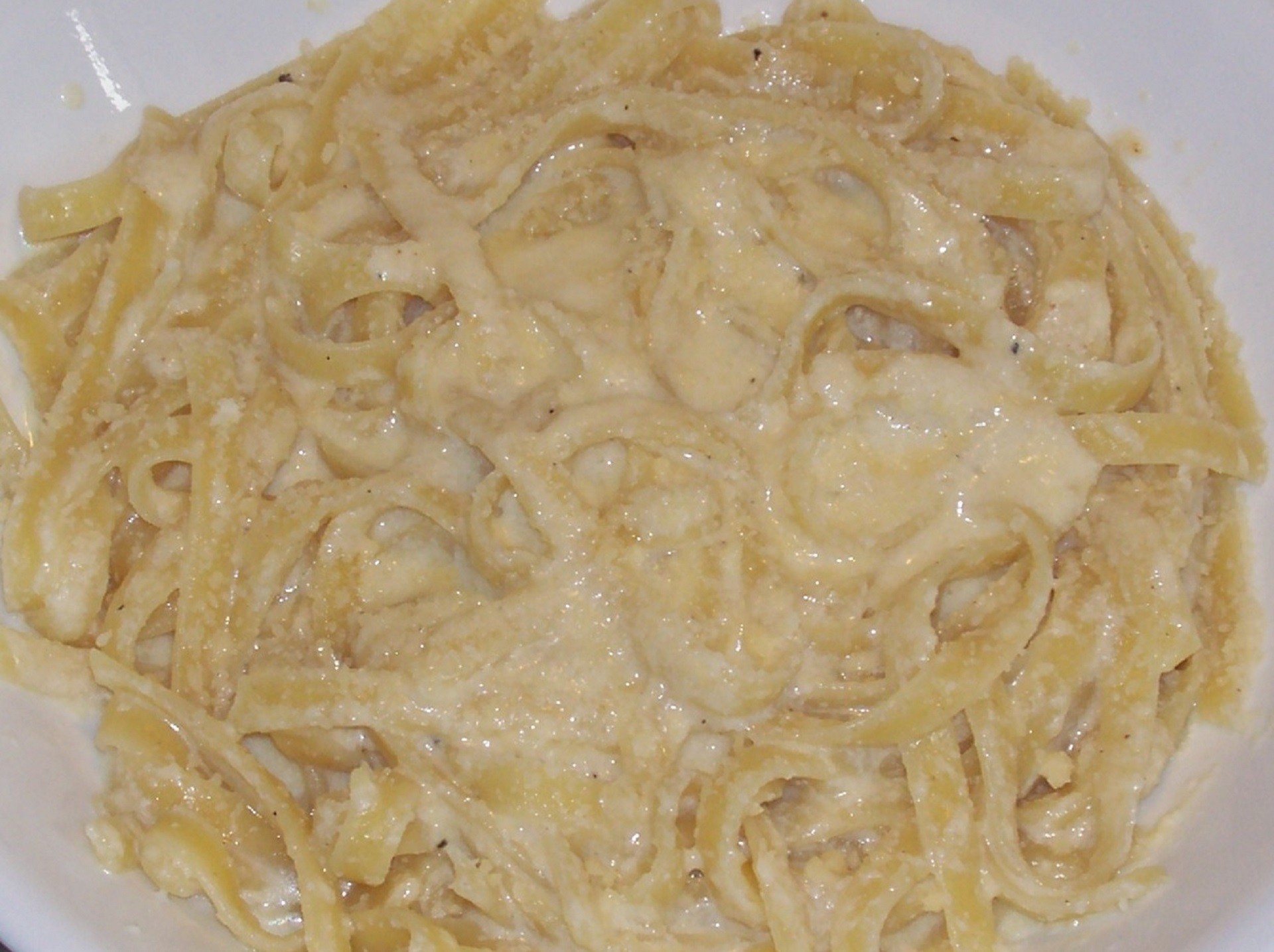Chicken Katsu Recipe
When it comes to satisfying your cravings for a crispy and flavorful dish, Chicken Katsu Recipe is an absolute winner. This Japanese-style breaded chicken is crunchy on the outside and juicy on the inside, making it a favorite for both kids and adults. Whether you’re looking for a quick weeknight dinner or a dish to impress your guests, this Chicken Katsu Recipe is sure to please.
Origin and History Of This Recipe
Chicken Katsu has its origins in Japan, where it is a popular dish in restaurants and households alike. The term “katsu” actually comes from the English word “cutlet,” which refers to the breaded and fried meat that is used in this dish. This tradition of breading and frying meats is believed to have been introduced to Japan by the Portuguese in the 16th century. Over time, the dish evolved to include chicken as a popular variation, ultimately leading to the creation of Chicken Katsu as we know it today.
Things To Expect In This Post Article
In this post, we will explore the step-by-step process of making Chicken Katsu, cover the ingredients and equipment needed, provide tips and tricks for the best results, and offer serving suggestions to elevate your dining experience. But before we continue, let’s dive into the ingredients list you’ll need to make this delicious dish.
Ingredients List
- 2 boneless, skinless chicken breasts
- 1 cup all-purpose flour
- 2 large eggs, beaten
- 1 cup Panko breadcrumbs
- Salt and pepper to taste
- Vegetable oil for frying
- Tonkatsu sauce (or Worcestershire sauce) for serving
- Shredded cabbage for garnish
Preparation Steps
- Begin by pounding the chicken breasts to an even thickness.
- Season the chicken with salt and pepper.
- Dredge the chicken in flour, dip it in beaten eggs, and coat it with Panko breadcrumbs.
- Heat oil in a pan and fry the chicken until golden brown and cooked through.
- Serve the Chicken Katsu with tonkatsu sauce and shredded cabbage on the side.
Cooking Time & Servings
This recipe takes about 30 minutes to prepare and serves 2 people.
Personal Touch
Growing up, Chicken Katsu was a staple in my household, and I have fond memories of helping my mom bread and fry the chicken. The crispy texture and savory flavor of this dish always bring me back to those cherished moments in the kitchen.
Nutritional Information
One serving of Chicken Katsu contains approximately 350 calories, 15g fat, 20g carbohydrates, and 30g protein. It is a satisfying meal that provides a good balance of nutrients.
Health Conditions And People To Avoid This
Those with gluten intolerance or sensitivity should be cautious when consuming Chicken Katsu, as the recipe contains flour and breadcrumbs that may trigger adverse reactions. Additionally, individuals with high cholesterol or heart conditions may want to limit their intake of fried foods like Chicken Katsu due to the high fat content.
Nutrition and Benefits To The Body
Chicken Katsu is a good source of protein, which is essential for muscle growth and repair. It also provides carbohydrates for energy and breadcrumbs containing fiber for digestion. However, the dish is high in fat and calories, so it should be enjoyed in moderation.
Disadvantages
While Chicken Katsu is a delicious and satisfying dish, it is important to note that it is fried and high in fat. Consuming excessive amounts of fried foods can contribute to weight gain and increase the risk of heart disease. Eating moderately is perfectly fine, but acquiring excess fat from this dish is harmful.
Tips and Tricks
For a healthier version of Chicken Katsu, you can bake the chicken in the oven instead of frying it. You can also use whole wheat breadcrumbs for added fiber and nutrients. Additionally, using a non-stick pan with minimal oil can help reduce the overall fat content of the dish.
Equipment Needed
To make Chicken Katsu, you will need a meat mallet for pounding the chicken, a shallow dish for dredging, and a frying pan for cooking. A pair of tongs is also useful for flipping the chicken while frying.
Variations or Substitutions
If you prefer a vegetarian option, you can make Eggplant Katsu by substituting eggplant slices for chicken breasts. You can also use pork loin or tofu as alternatives to chicken for a different flavor profile.
Serving Suggestions
Serve Chicken Katsu with a side of steamed rice and miso soup for a traditional Japanese meal. You can also pair it with a green salad or pickled vegetables for a lighter option. Garnish with shredded cabbage and a drizzle of tonkatsu sauce for added flavor.
Storage and Reheating Instructions
To store leftover Chicken Katsu, place it in an airtight container in the refrigerator for up to 3 days. To reheat, place the chicken on a baking sheet and bake in a preheated oven at 350°F for 10-15 minutes until heated through.
Conclusion
Now that you have the recipe for Chicken Katsu, don’t hesitate to try making it at home. It’s a simple yet flavorful dish that is sure to become a favorite in your household. Share your experience with us and don’t forget to tag us on social media when you recreate this delicious dish. Happy cooking!
Frequently Asked Questions (FAQs)
Q: Can I use chicken thighs instead of chicken breasts for Chicken Katsu?
A: Yes, you can use chicken thighs for a juicier and more flavorful version of Chicken Katsu.
Q: Can I bake the Chicken Katsu instead of frying it?
A: Yes, you can bake the breaded chicken in the oven for a healthier alternative to frying.
Q: Is there a vegetarian version of Chicken Katsu?
A: Yes, you can make Eggplant Katsu by substituting eggplant slices for chicken breasts in the recipe.
Q: What is the best sauce to serve with Chicken Katsu?
A: Tonkatsu sauce is a popular condiment for Chicken Katsu, but you can also use Worcestershire sauce as a substitute.
Q: How can I prevent the breading from falling off the chicken during frying?
A: Make sure to press the breadcrumbs firmly onto the chicken before frying to ensure they adhere properly.
















